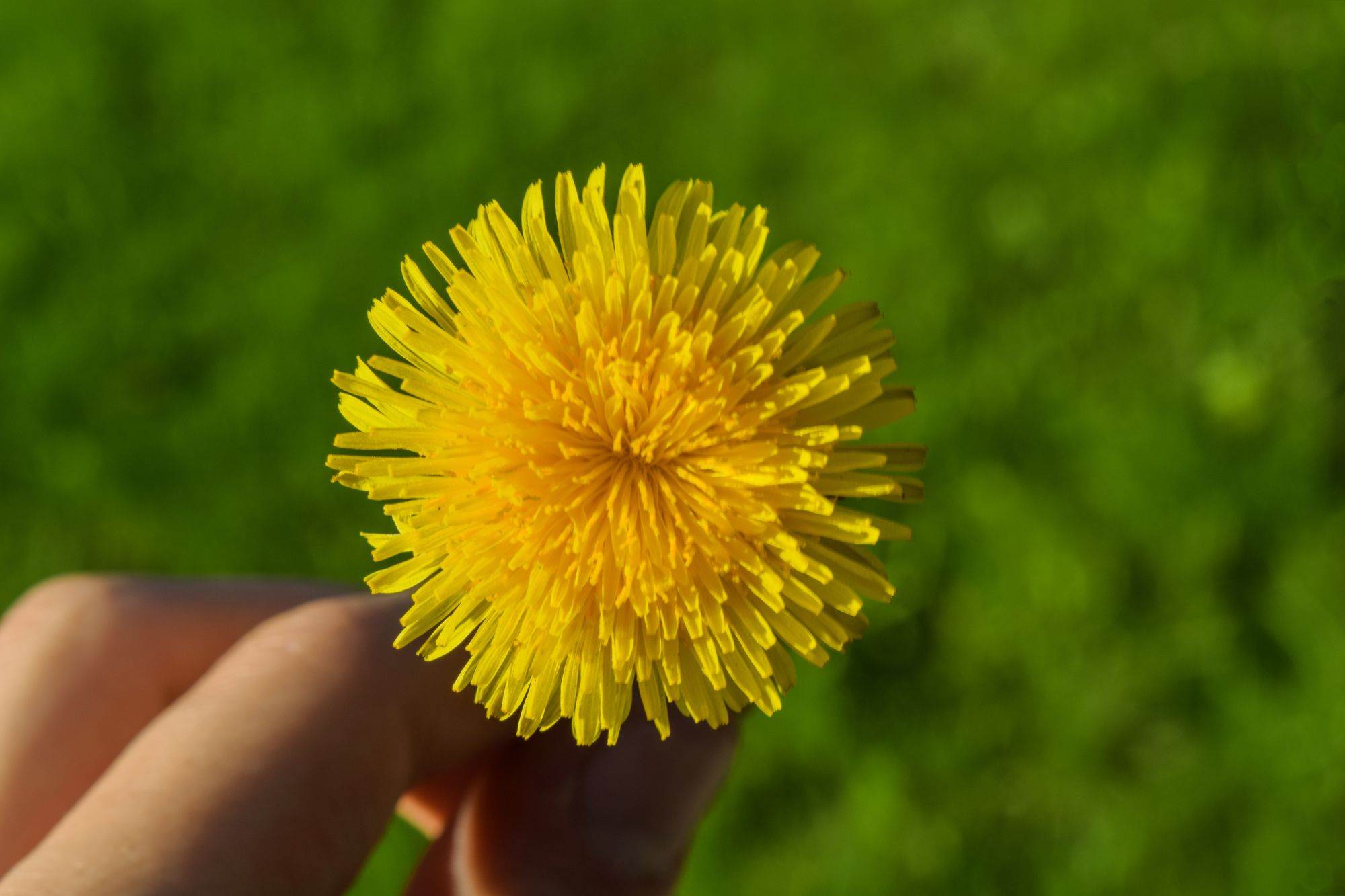Dandelion Delights: Maximizing Your Garden's Potential with Nature's Unassuming Powerhouse

When it comes to backyard gardening and small-scale food production, every inch of space matters. In our quest to make the most of our gardens, we often overlook an unlikely ally hiding in plain sight: the humble dandelion. Far from being a pesky weed, dandelions offer a wealth of ecological benefits that can contribute to a healthier, more productive garden. In this post, we'll delve into the surprising advantages of dandelions and how you can harness their power to maximize food production in your small space.
The Ecological Roles of Dandelions
Dandelions play several essential roles in your garden's ecosystem. Their long taproots improve soil health and structure, helping to break up compacted soil and prevent erosion. They're also a vital food source for pollinators like bees and provide nourishment for various animals. Additionally, dandelions have been used for centuries in herbal medicine and as a nutritious food source for humans.
Enriching Soil and Nutrient Availability
Dandelions act as natural miners, bringing up nutrients from deep within the soil to benefit other plants. When their leaves and roots die and decompose, they release nutrients back into the soil. Dandelions also release root exudates, which can change soil chemistry and increase nutrient availability. Moreover, they form symbiotic relationships with mycorrhizal fungi, facilitating nutrient and water access for themselves and indirectly supporting nutrient exchange between plants.
Thriving in Disturbed or Neglected Lawns
Dandelions have a knack for flourishing in disturbed or neglected lawns. They're opportunistic plants with an amazing ability to adapt. They quickly colonize open spaces with their wind-dispersed seeds and grow rapidly in disturbed soil. Dandelions are also quite resistant to mowing, thanks to their low-growing leaves and deep taproots that allow them to regrow quickly.
Plant Partners: Dandelions and Their Garden Companions
Dandelions are not loners—they actually form partnerships with other plants. They grow well with clover, which can fix nitrogen and enrich the soil for both species. They also coexist with plantains, which have similar growth habits and support each other in disturbed soils. Dandelions can complement chicory by tapping into different soil layers for nutrients, and they work together with yarrow to create diverse plant communities that support pollinators and other wildlife.
Practical Tips for Managing Dandelions in Your Garden
Now that you know the many benefits of dandelions, you might want to reconsider your approach to managing them in your garden. To promote a diverse and healthy ecosystem, try to maintain a variety of plant species, including grasses and other native plants. If you need to control dandelions, consider using biological or cultural methods, such as introducing beneficial insects, hand weeding, or using a dandelion fork to remove the taproot. In some cases, you might even want to incorporate dandelions into edible or medicinal gardens, taking advantage of their numerous benefits.
Dandelions are more than just a pesky weed—they're an important part of our ecosystem, providing numerous benefits to the environment and other plants. By understanding and appreciating the unique qualities of these vibrant yellow flowers, you can harness their potential to create a healthier, more productive garden in your small space. It's time to rethink our perception of "weeds" and embrace the diverse, interconnected world of backyard gardening and food production.
So, the next time you spot a dandelion in your garden, remember the hidden benefits they offer and consider how they can contribute to maximizing your garden's potential. By working in harmony with nature, we can cultivate thriving, sustainable gardens that not only provide us with nutritious food but also support the ecosystems that surround us.
